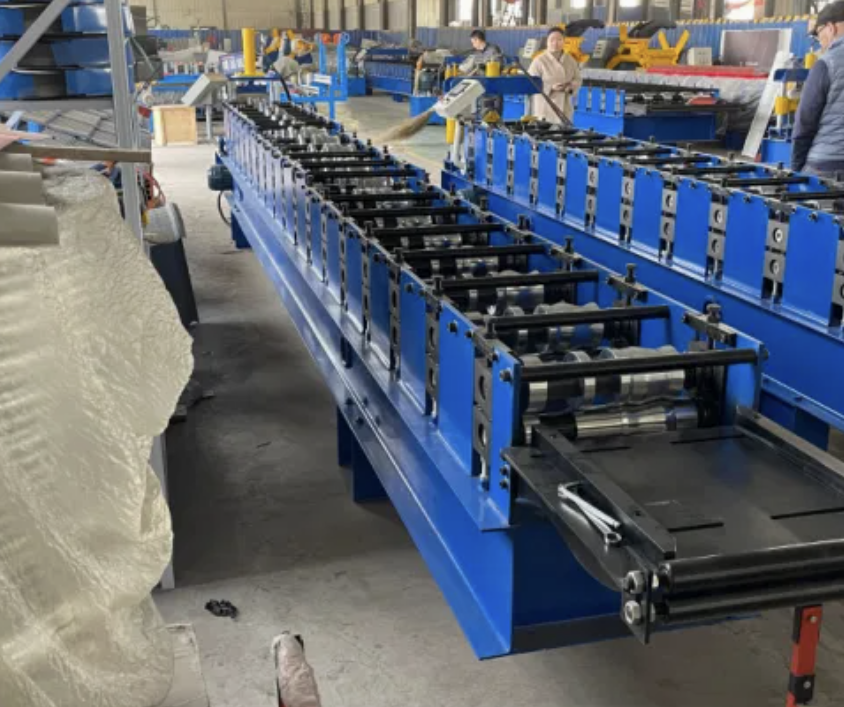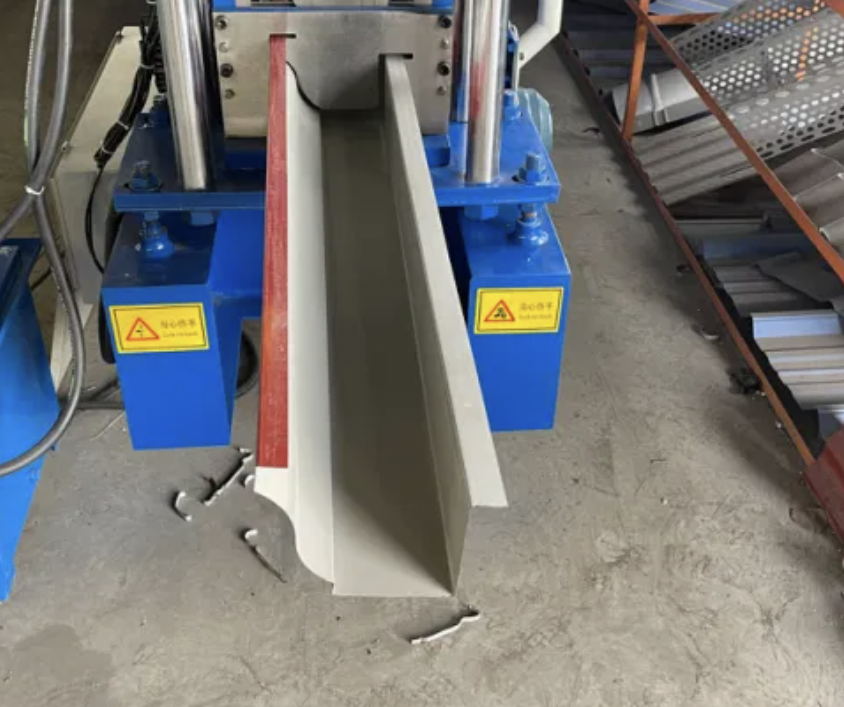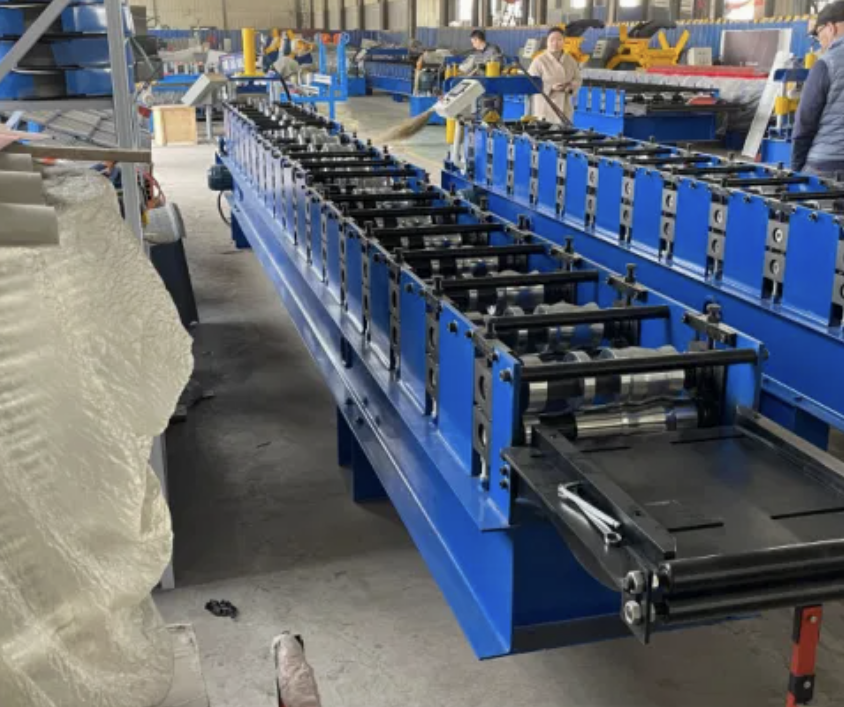To express an interest in this machine please submit the form below.

Not Sure What Machine You Need?
Select Your Profile, We'll Match It
Choose your desired profile drawing, and let Machine Matcher connect you with the best roll forming machine tailored to your needs.
Browse Profiles



Egypt’s construction sector has unique needs due to its climate, standard materials, and building practices. A gutter roll forming machine optimized for Egypt should offer versatility in handling various materials, compatibility with local power standards, and durability suited to the environmental conditions. Here’s an ideal specification guide:
Ensuring the machine can form these profiles will allow manufacturers to cater to a broad customer base, from residential to commercial sectors.
A gutter manufacturing company in Egypt plans to cater to residential and commercial projects, offering both standard half-round and K-style gutters. Their ideal machine setup would include:
This setup allows the company to deliver high-quality products that meet local demand with a machine optimized for efficiency, durability, and compatibility with the country’s construction standards.
Copyright 2026 © Machine Matcher.